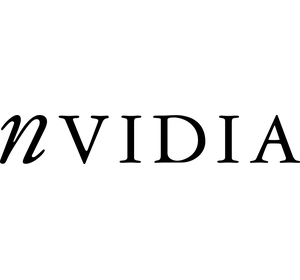$SPCE $AI $TSLA
#Startups #IPO #StockMarket #PrivateEquity #Fundraising #SiliconValley #VentureCapital #Databricks #SpaceX #OpenAI #TechIndustry #Investment
Silicon Valley’s largest and most successful start-ups continue to defer their IPO ambitions as private funding rounds reach unprecedented scales, enabling them to operate without the pressure of public markets. This trend was recently highlighted by massive funding deals secured by Databricks, SpaceX, and OpenAI, all of which have raised billions in private capital in recent months. While the public markets traditionally provide businesses with resources to scale and grow, these companies are proving that an ecosystem rich in venture capital, private equity, and non-traditional funding options can sufficiently meet their needs. Such deals reduce the urgency for these firms to pursue an initial public offering and expose themselves to market volatility.
The ramifications of these staggering private valuations have rippled across the broader financial market. With Databricks raising its valuation to around $43 billion, SpaceX consistently surging in value with its aerospace dominance, and OpenAI’s integration into various tech ecosystems, private investors are capturing substantial returns before companies consider going public. These mega-deals also send a cautious signal to other tech companies about entering the IPO pipeline. Public markets are volatile, marked by rising interest rates, regulatory risks, and macroeconomic uncertainties. Consequently, start-ups are opting to stay private longer, ensuring they maintain strategic freedom and avoid short-sighted profit pressures from public shareholders.
For public market investors, this development poses limitations. Retail and institutional investors seeking exposure to high-growth, transformative technologies are left with fewer options. Meanwhile, private-market funds such as growth equity and late-stage venture capital have gained prominence as attractive vehicles for those seeking to capitalize on emerging tech unicorns. However, accessing these funds typically requires accreditation, leaving average retail investors excluded from participating in these lucrative opportunities. This widening gap underscores ongoing critiques about accessibility and fairness in financial markets, particularly as promising tech companies continue to achieve groundbreaking innovations out of reach of public shareholders.
The deferral of IPOs poses strategic advantages for these firms. Staying private enables start-ups like Databricks, SpaceX, and OpenAI to focus more intensively on their technological developments and long-term goals. In sectors like AI, aerospace, and machine learning, continuous innovation is highly demanding. Access to liquidity through fundraising without having to answer to public shareholders allows companies to re-invest in ambitious projects. Yet, the downside lies in diminished transparency and accountability, raising questions about the financial and operational metrics of these privately held giants. As the landscape evolves, analysts will keep a close watch on whether external pressures—like slowing private funding or changing market conditions—will force Silicon Valley’s leaders to recalibrate and revisit the IPO conversation.











Comments are closed.